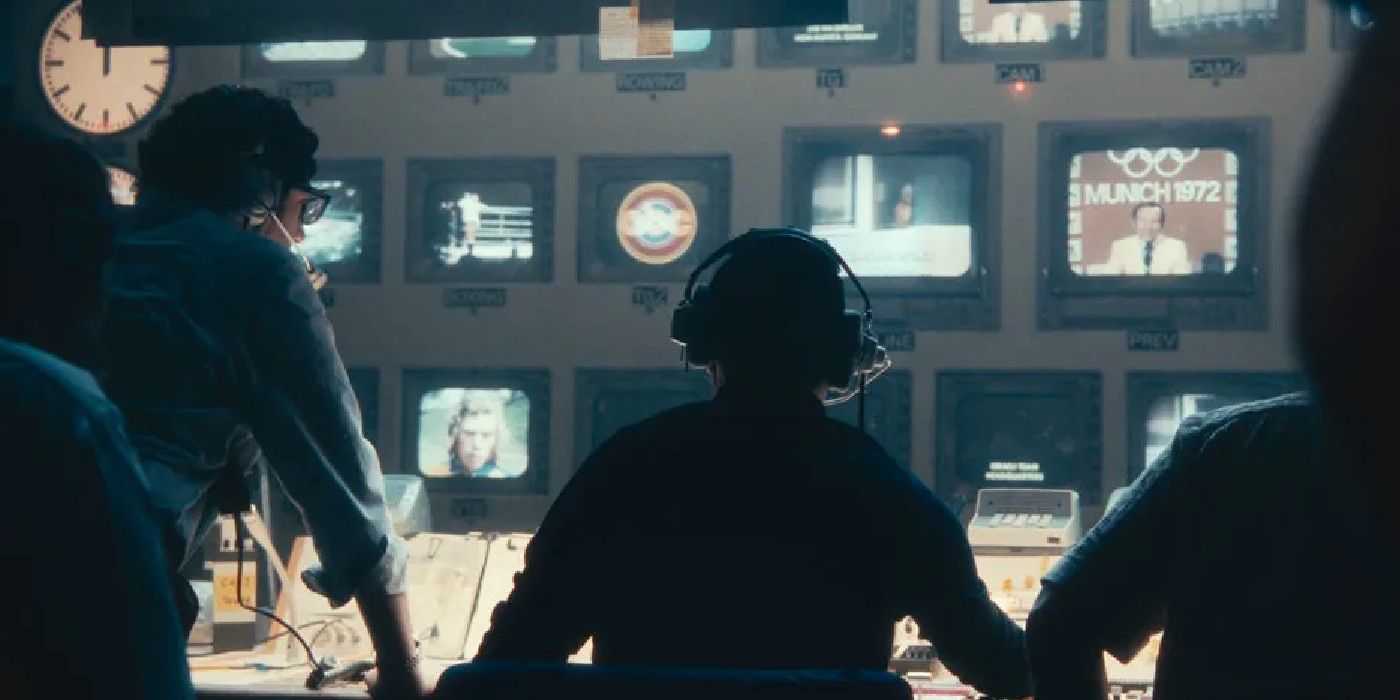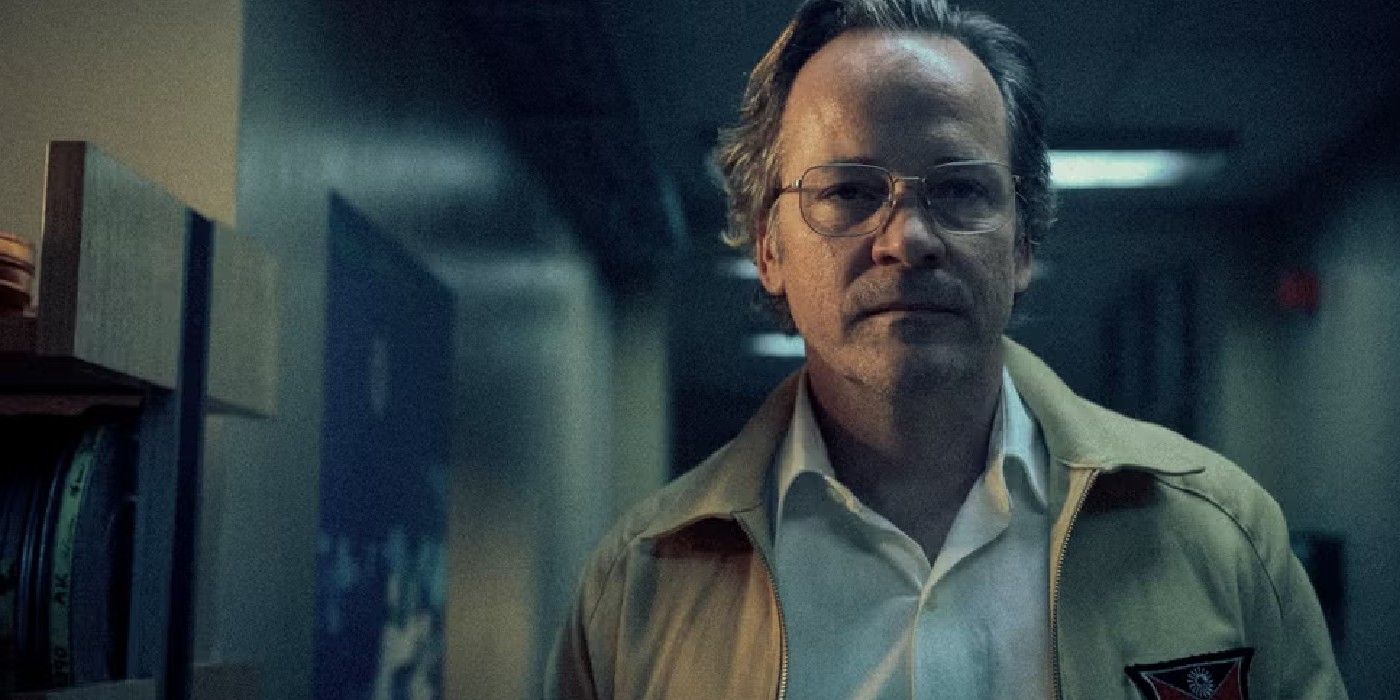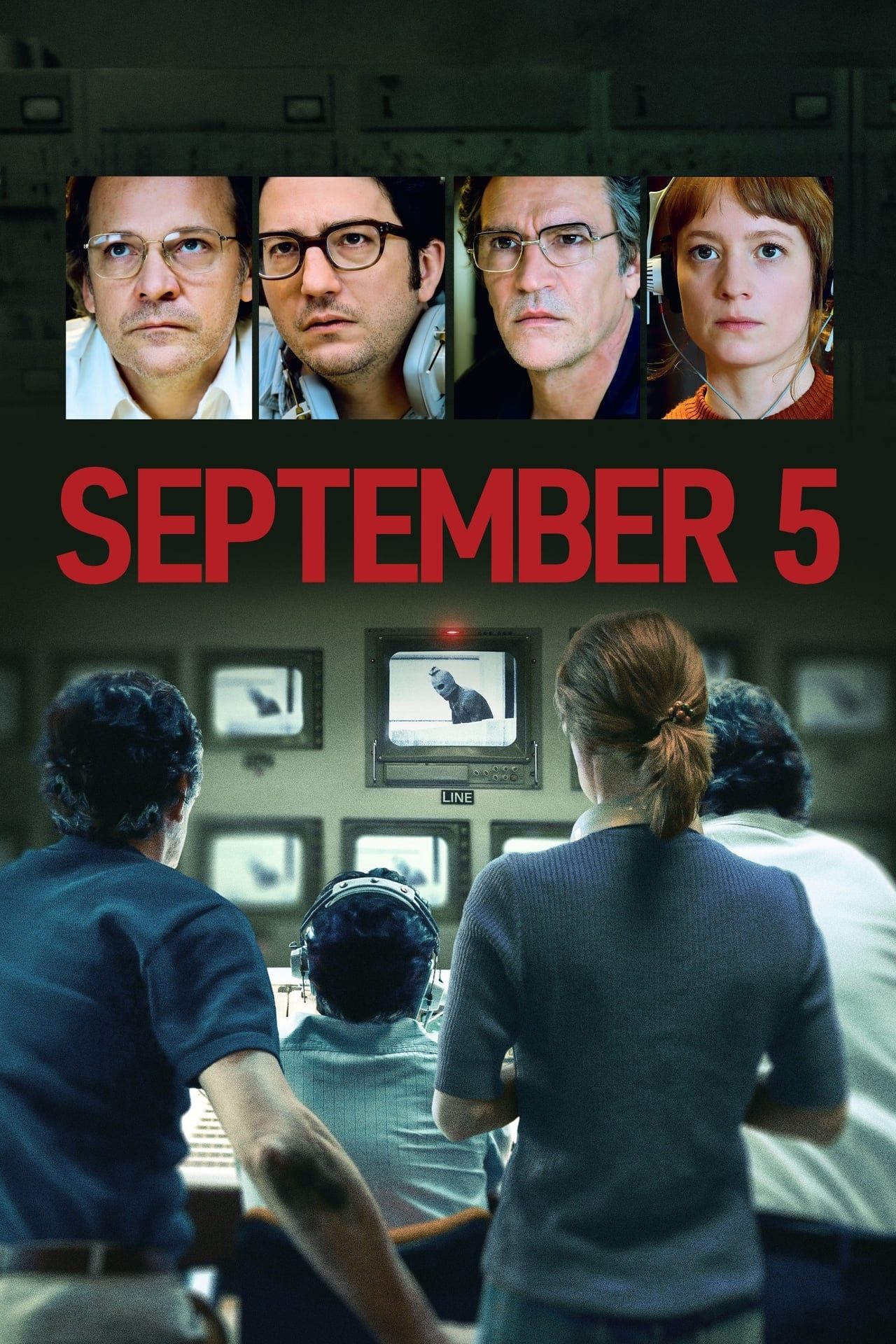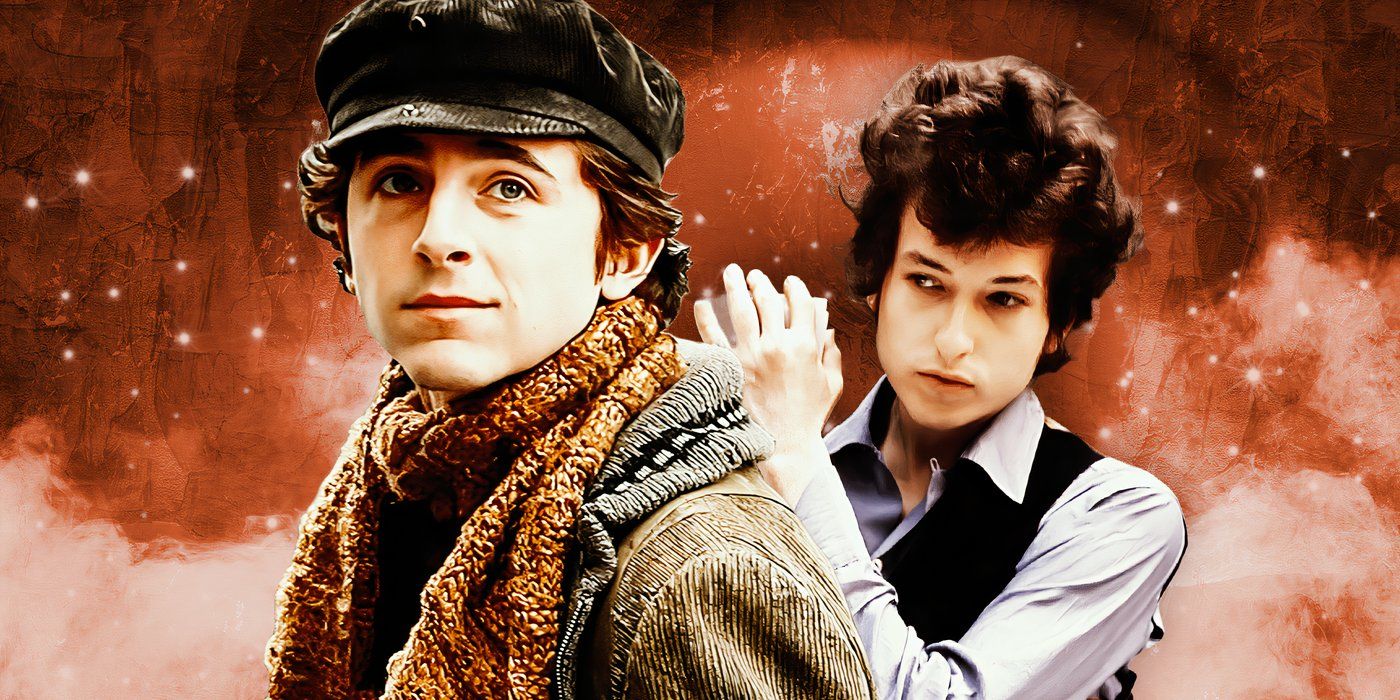Peter Sarsgaard and Ben Chaplin are returning to the world of true-story filmmaking with September 5. The former is an Emmy and Golden Globe-nominated actor known for his work both on screen and on Broadway, having starred in everything from Shattered Glass to the Natalie Portman-led Jackie and Dopesick. Chaplin also has an extensive filmography of acclaimed titles, some of which include Terrence Malick's The Thin Red Line, Oliver Stone's Snowden and HBO's The Nevers.
September 5's story is set during the 1972 Munich Summer Olympics, specifically focusing on an American sports broadcasting team that was forced to quickly adapt from sports reporting to live coverage of terrifying events when Israeli athletes are taken hostage. Sarsgaard stars in the movie as Roone Arledge, the legendary TV executive who was a key figure in the coverage, while Chaplin stars as Marvin Bader, mentor to the young and ambitious producer Geoffrey Mason at the heart of the movie's story.

Related
Every Movie Coming To Theaters In December 2024
December is closing 2024 with Robert Eggers' latest project, a new movie from Sony's Spider-Man Universe, a Disney prequel, and a lot more.
Alongside Sarsgaard and Chaplin, the ensemble September 5 cast includes The Agency's John Magaro as Geoffrey, Leonie Benesch, Zinedine Soualem, Corey Johnson, Georgina Rich, Rony Herman and The Lord of the Rings: The Rings of Power's Benjamin Walker. Walking a deft line between being a gripping thriller and a sensitive exploration of a real-life tragedy, the movie is already on track to be a true-story-based hit.
Ahead of the movie's December 13 limited release, ScreenRant interviewed Peter Sarsgaard and Ben Chaplin about September 5. The two detail what they learned about those real life events while going through the process of preparing for their roles and filming the movie, while also revealing what they would say to people who are nervous to check the movie out because of the relevance it has to the world today.
Sarsgaard & Chaplin Can't Pour Enough Praise On Director Tim Fehlbaum
"I knew he was our guy the minute he started shooting."

ScreenRant: Do you feel like you learned a lot about the events of that day throughout this process?
Peter Sarsgaard: You always learn a lot by tracing the steps of someone else, like we do in such detail in this. There's a fantastic documentary called One Day In September, which I saw when it came out at Upstate films in Ulster County, New York. Great cinema. I was really interested from watching that, and so when I first heard about it, I think that's what I thought of.
We were just talking about the director. The script was really interesting. He was fascinating. And I think, sometimes, the best directors I've ever worked with weren't necessarily super articulate verbally in terms of saying what they wanted. The camera was the way that they had to say what they were thinking. They needed a camera, otherwise they'd just write a book. I could just sense he was that kind of guy. And really, I knew he was our guy the minute he started shooting.
Ben Chaplin: He's very, very singular minded. An unstoppable force.
Peter Sarsgaard: He's in it the whole time. And you're watching him, he's stewing about it. "Something's not right, something's not right, something's not right."
Ben Chaplin: Incredible stamina. The director has the one thing a director has to have. His stamina was on a different level.
Peter Sarsgaard: They just had to pull the plug on him at the end of the day. Like, there's no more batteries for the camera.
Ben Chaplin: But it needed that. Because it's in that one room.
"I think we can all agree that we want the same truth so that we can then have differences of opinions."

What would you say to people to get them to check out September 5, especially if they are worried about the relevant, heavy, subject matter?
Peter Sarsgaard: It's quite a visceral film. The things that it makes you think about, I think, are actually the things that are easier to think about than maybe some of the really dramatic, troubling things, like the way that we consume information. Who gets to tell the story? Does the camera tell the whole story? Does a depiction of violence, mushroom clouds, children running down streets with gashes, does that tell the whole story, or does it make it hard to understand the whole story?
I think those are, in a way, less contentious. I think we can all agree that we want the same truth so that we can then have differences of opinions. We all agree that this person across the street went in, robbed the bank, got arrested. Now, he really needed the money. It was an unfair system. Whatever your depiction of that is, fine. But just getting back to what these guys were after, in a very little literal way, was just what's happening.
Ben Chaplin: And then broadcasting it live across the world, that was the new thing. Now we can all do it.
Peter Sarsgaard: Facebook Live. People doing all sorts of crazy things on there that you wouldn't want anyone that you knew to witness. Kinds of violence and stuff.
About September 5
September 5 unveils the decisive moment that forever changed media coverage and continues to impact live news today. Set during the 1972 Munich Summer Olympics, the film follows an American Sports broadcasting team that quickly adapted from sports reporting to live coverage of the Israeli athletes taken hostage. Through this lens, "September 5" provides a fresh perspective on the live broadcast seen globally by an estimated one billion people at the time.
At the heart of the story is Geoff (John Magaro), a young and ambitious producer striving to prove himself to his boss, the legendary TV executive Roone Arledge (Peter Sarsgaard). Together with German interpreter Marianne (Leonie Benesch) and his mentor Marvin Bader (Ben Chaplin), Geoff unexpectedly takes the helm of the live coverage. As narratives shift, time ticks away, and conflicting rumors spread, with the hostages' lives hanging in the balance, Geoff grapples with tough decisions while confronting his own moral compass.
Check out our other September 5 interviews here:
- Leonie Benesch & John Magaro
- Director Tim Fehlbaum & Producer John Palmer
September 5 heads to limited theaters on December 13 before opening globally on January 17.
Source: ScreenRant Plus

The 1972 Munich Olympics saw an American sports broadcasting crew unexpectedly tasked with covering a hostage situation involving Israeli athletes.
Release Date November 29, 2024
Runtime 91 Minutes
Director Tim Fehlbaum
Writers Tim Fehlbaum , Moritz Binder









 English (US) ·
English (US) ·